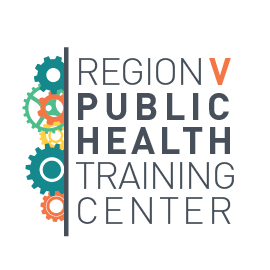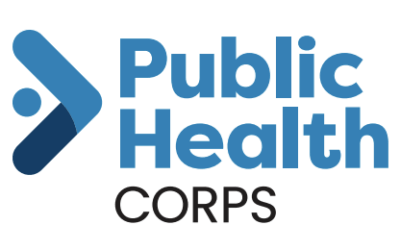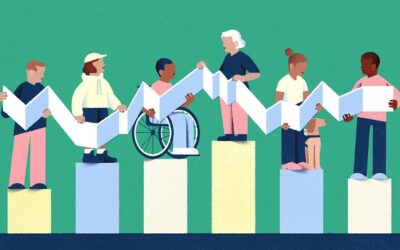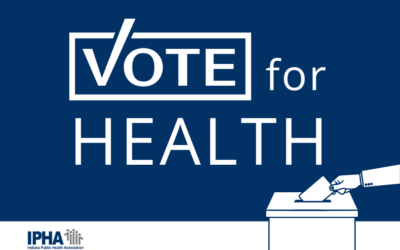RVPHTC Blog
Welcome to our blog! Covering classic and topical public health themes, we hope you find new and interesting information through our blog posts, published weekly to keep you in the know on all things public health!
Interested in contributing or have a topic you’d like to see? Email us at [email protected].
Advancing public health practice through critical appraisal of evidence
By Andrew Wapner, DO, MPH, Ohio State College of Public Health As public health practitioners, we rely on evidence in almost every aspect of our work. From understanding the causes of disease and the risk factors that predispose communities to both illness and injuries, to the planning, implementation, and evaluation of our programs and policies, the use of scientific information and evidence underlies the 10 essential public health services. In my 15 years in public health, the...
Thanks to the Public Health Corps
The Public Health Corps gave me an opportunity to explore the field of public health from directly within it. With a jarring start to being an adult, and feeling utterly lost as to what my path and career would look like, the Corps has been an invaluable source of stability and education. This article is a very brief collection of my experiences and takeaways from my service term, as well as reasoning for my optimism about the future of public health, from the perspective of someone just beginning a potential career.
Rethinking Hiring: What the Return to Merit Means for Employers (Organizations)
If not carefully designed, a strictly merit-based approach to hiring can unintentionally exclude talented individuals from underserved communities who have followed nontraditional paths. By broadening the definition of “qualified” and recognizing different forms of potential, employers can uphold high standards while cultivating fair hiring strategies.
Understanding Community and Staff Perspectives Using Qualitative Approaches
By Nikki Weiss, PhD, Center for Public Health Systems, University of Minnesota School of Public Health As a qualitative researcher, I spend my time working with ideas and narratives, and every day I witness how these data not only enrich quantitative data but can also stand alone to paint a picture of our public health landscape. I believe that qualitative data are underutilized in public health, and this blog post will describe the basics of qual data and how we can use this type of...
Public Health – A letter to the utility players of society
Public health has humbled me, challenged me, and given me a lens to see the world as interconnected. It’s a field where small actions ripple outward, leadership means serving, and authenticity isn’t just welcomed but essential.
Assess then Address: Identifying and Prioritizing Region V’s Governmental Public Health Training and Workforce Needs
The RVPHTC conducts a training needs assessment every few years to help identify and prioritize the current needs of the region’s Local Health Departments (LHDs). These training needs help inform the development of training resources that will best serve our users and each iteration of the training needs assessment has slight differences and helps us learn more about the LHDs that we are serving.
Community-Led Efforts to Improve Data Equity in Local Public Health
To address gaps in data for populations historically un- or underrepresented in existing sources, community-led data collection was incorporated into Kent County’s 2023 Community Health Needs Assessment (CHNA) process. Twelve organizations were paid to lead surveying efforts in their communities, resulting in a diverse convenience sample and disaggregated data for priority populations.
Vote for Health: Promoting Civic Engagement for Better Health
Your voice, and your vote, are vital for shaping healthier communities. This blog post explores the connections between democracy and health, as well as ways to promote civic engagement.
Civic infrastructure and civic participation vital to healthy communities
Well-resourced civic infrastructure and active civic participation can improve health. Both allow communities to tap the collective knowledge, wisdom, and action priorities of residents. Strengthening democratic processes and assuring access to civic and voter participation is necessary to advance health and racial equity.
What time is it? Time for Enumeration 2024, of course
The latest count of the public health workforce, Enumeration 2024, shows an increased state and local workforce since 2019, though much of the growth has been in temporary or contract staff.










